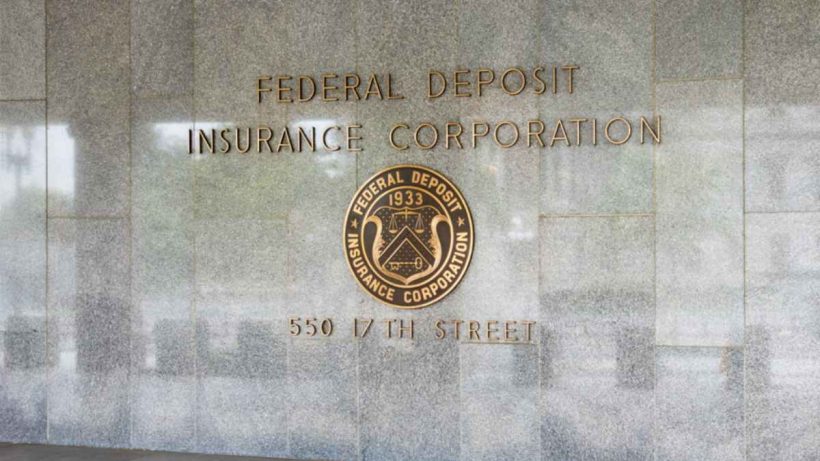Understanding how FDIC Deposit Insurance works are essential to anyone who wants to secure their savings. The FDIC is a non-profit organization responsible for insuring deposits in federally insured banks. There are several vital points to keep in mind when considering this insurance.
Liquidation vs. Insured Deposit Transfer
The FDIC is one of many in the business. There’s also the APEC, whose members have long been the target of various nefarious banking practices. So what are your options? One option that stands out is a combination of the above two. This is an excellent choice for various reasons, namely, scalability and capital management. This option has its share of pros and cons, but a solid capital structure is a worthwhile tradeoff for many investors.
As we know, only some have the cash to spare, so there are times when you have to go the old-fashioned way. A combination of old and new assets may be just the ticket, but the resulting conglomerate is a tad smaller in scale than a standalone institution.
Pass-Through Coverage
The FDIC is reviewing the impact of several proposed amendments to deposit insurance coverage rules for trust accounts. These changes will simplify and clarify the criteria that govern insurance coverage for trust deposits. They will also promote confidence in the banking system like Current, encourage prompt payment of deposit insurance, and reduce costs related to depositor resolutions.
As part of this effort, the FDIC will continue to update its publications and engage in public outreach. For example, it will hold seminars for bankers. It will also reprogram its information technology infrastructure to ensure funds are adequately insured.
A deposit must meet a few simple requirements to qualify for pass-through coverage:
- The account must be set up as a fiduciary account.
- The account owner’s name must be ascertained from the bank records.
- The funds deposited must be identifiable from the corresponding attorney records.
Another critical requirement is holding the deposit in an IOLTA (irrevocable) account. In this case, a deposit will be eligible for maximum insurance coverage. Currently, a stake in an IOLTA account is insured for up to $1,250,000.
Bank Failures
When a bank closes, its depositors can turn to the Federal Deposit Insurance Corporation (FDIC) to help them recover their funds. Insured deposits are protected up to $250,000 per depositor per account. FDIC also provides consumer information, and it takes action to monitor the industry.
During the Great Depression, 4,000 banks failed. The government created the FDIC to protect consumers against these failures.
There are two ways that FDIC pays depositors. One is direct payment, which is usually arranged through an agreement with a healthy, insured bank.
Alternatively, a bank can buy the assets of a failing institution. This method is called a Purchase and Assumption Transaction. If this occurs, a healthy bank acquires the deposits of the failing one. It is the most common resolution method.
Regardless of how a bank is purchased, FDIC guarantees that the depositors will be repaid for their insured balances. While the amount of insurance may vary, the amount is generally adequate for most depositors.
Detractors of the FDIC
The Federal Deposit Insurance Corporation (FDIC) ensures that consumers can access banking services. It was created by the Banking Act of 1933. As a primary financial regulator, the FDIC is charged with ensuring the safety of deposits and monitoring banks for compliance with consumer protection laws.
The FDIC is known for its strict rules. The agency has a reputation for examining a large number of banks. However, the FDIC sometimes has a better record when it comes to supervision. Some of its supervisors have abused the process.
The FDIC has developed a streamlined regulatory system to improve its ability to review and regulate banks. For the most part, this system has been effective. But it still needs to improve in one area: the appeals process.
For example, the FDIC needs to develop an independent appeals process that can be staffed with neutral officials. This is necessary because some bank supervisors may refer to federal agency guidance that needs to be more specific and legally binding.
Laila Azzahra is a professional writer and blogger that loves to write about technology, business, entertainment, science, and health.
